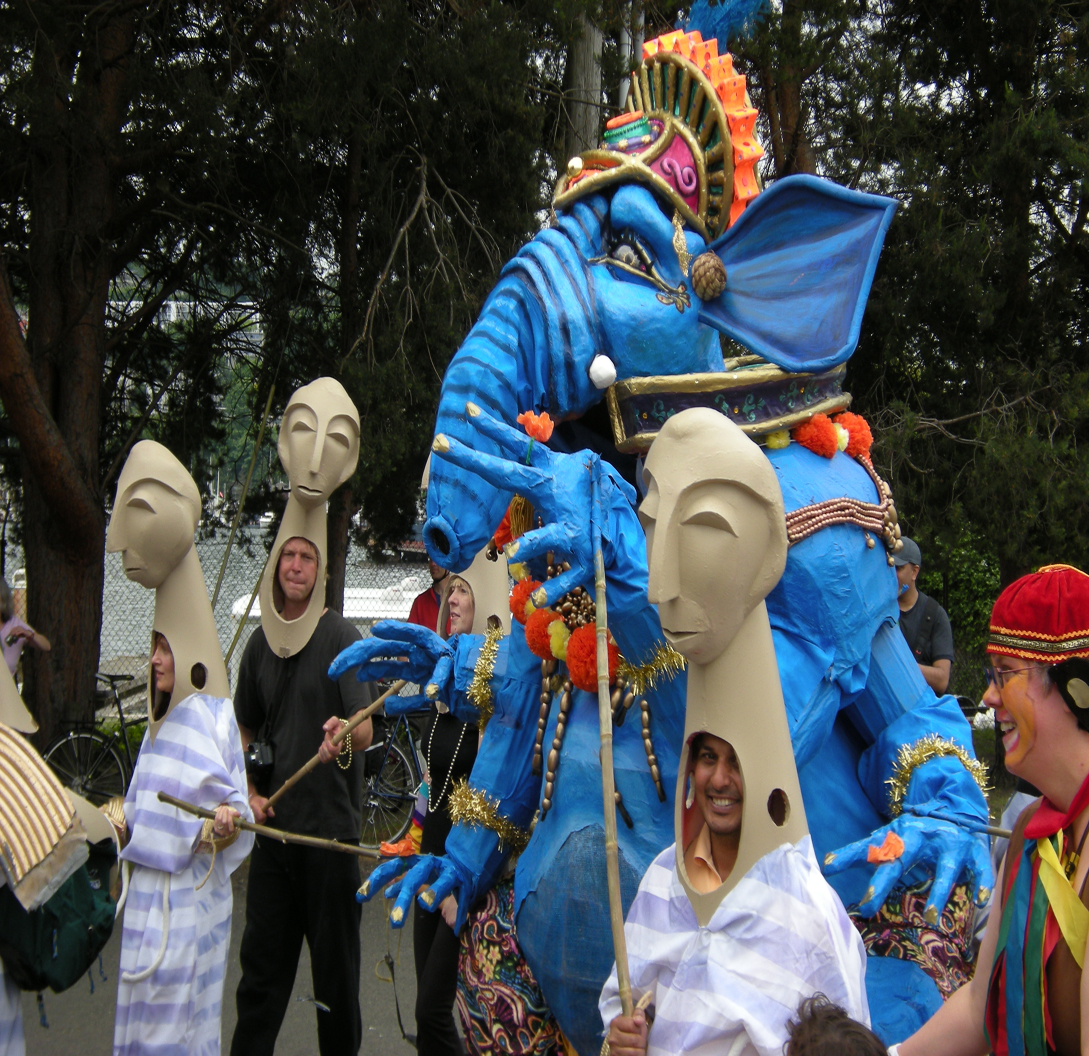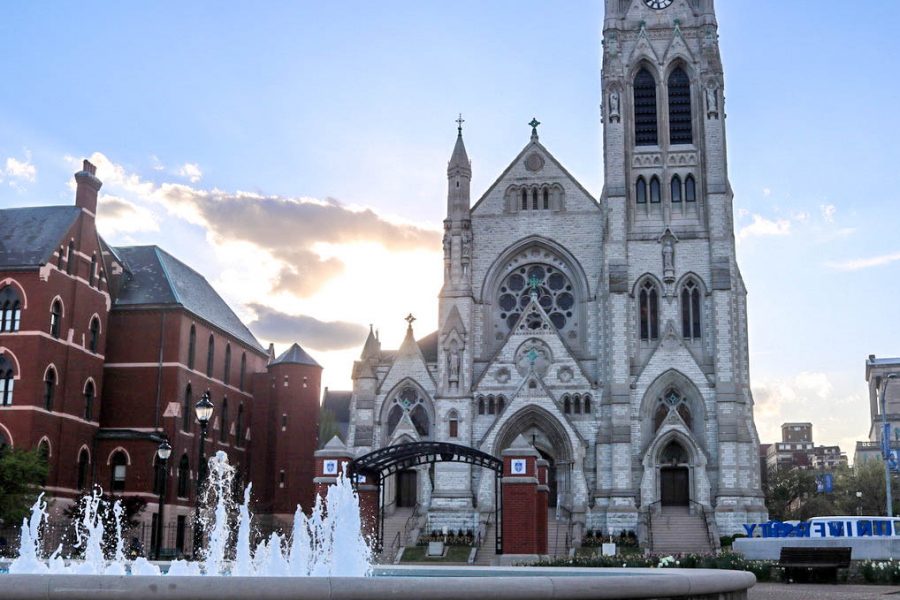
Ganesh Chaturithi is a religious holiday in Hinduism. It is a celebration of the birth or rebirth of Lord Ganesh, a Hindu deity widely depicted in pictures as the elephant-headed god. The day usually falls between the end of August and mid-September. It was observed on Sept. 19 this year.
The story behind the festival, as told by Hindu Students Community’s president Deval Patel, is about a boy, Ganesh, who was created by his mother Parvati, a Hindu goddess and wife of Shiva, out of sandalwood. Parvati puts her son to guard the door while she bathes. During that time, Shiva comes from somewhere and sees a stranger at his wife’s door. The two fight, ending with Shiva severing Ganesh’s head.
Parvati becomes very upset and vows to destroy the universe. In an effort to calm her, Shiva searches the woods and finds a young dead elephant. He consoles its mother and affixes the head of the elephant onto Ganesh’s body.
“Symbolism is very important in Hinduism, and many different [symbols] exist in Ganesh’s body,” said Patel. “Ganesh has a very large belly, which signifies how he ‘swallows’ the sorrows of the world. His big head symbolizes wisdom, and his large ears the ability to hear everything. The actual idol of Ganesh portrays symbols of animals, depicting his unity with nature.”
Kavita Darji, a psychology major at the College of Arts and Sciences and HSC member said about the day: “ To me, it represents a way for everybody to come together and celebrate this wonderful day as a cohesive unit, almost as a new beginning.”
Patel said some people celebrate simply by wishing “Happy Ganesh Chaturithi” to each other while others go to temple. Darji said the celebration for this holiday usually lasts ten days.
“We celebrate it at home by singing bhajans (holy hymns) and going to the temple,” said Darji. “It is celebrated by making models of Ganesh, decorating them, clothing them and placing them in temples. Pujas (religious rituals) are conducted with bhajans and chanting of mantras in order to provide worship to Lord Ganesh.”
Puja is modeled on the idea of giving a gift or offering to a deity and receiving their blessing, according to Hindu tradition.
“Whenever I begin something new in my life, such as a new school year or a new job, I always pray to Lord Ganesh for prosperity in my life,” said Darji. “To me, Ganesh represents good luck when starting new beginnings and also wisdom.”
HSC celebrated with an information session and ice cream last year, but was unable to organize something on campus this year.
HSC’s next event will be Gandhi Service Day, a service day organized by HSC in remembrance of Mahatma Gandhi, on Oct. 2. Patel said it is a celebration of Gandhi’s life. “We carry his life mission, by planting and cleaning up roadsides,” she said. “A discussion about his values concludes the service.”







